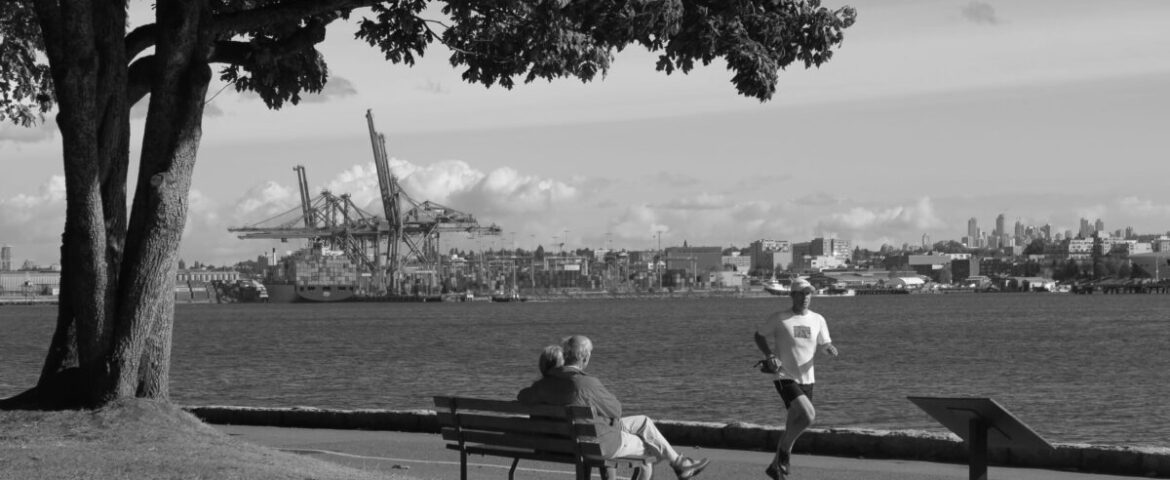PortEconomics member Michaël Dooms moderated a webinar on port-city governance for the AIVP-Association Internationale Villes et Ports (International Association of Port-Cities), on Wednesday, March 31st, 2021.
Increasing attention is needed for the Social License to Operate of port clusters, in particular in the context of economic and energy transition. As any port expansion or (re-) development project, the implementation of these strategies are in need of environmental and construction permits. Notwithstanding the sustainability impact of these projects at the macro-economic level, local and regional communities continue to contest these port projects based on the local negative externalities they generate. These stakeholders have become more vocal, more engaged, in a context where more information is available through online resources, and the rise of ‘citizen science’. While many port managing bodies have ‘ticked’ the boxes under the form of stakeholder inclusion within the formulation of port master plans, visions, and projects, we claim that there is a need to “shift gears” as despite these efforts a lot of conflict remains on the port-city interface, and towards local communities in particular. Recent research also shows that practices or even governance tools, such as sustainability reporting as well as a consistent measuring of the social license to operate strength are not widely applied by ports.
This webinar is based on practical testimonials of ports at the frontier of these developments and provided the first elements of answers to questions such as:
1. How to measure the success of stakeholder inclusion strategies?
2. Which is/are the practices which have contributed the most to strengthening the Social License to Operate, and why?
3. Given the basic premise of co-creation of societal value in ports, i.e. mostly private companies using port land through concessions, how do you sensitize the private actors to also consider the local community perspective?
4. What is the impact of the COVID19 pandemic on stakeholder inclusion practices?
Panelists were dr. Claire Charbit, Head of the Territorial Dialogues and Migration Unit at the OECD Centre for Entrepreneurship, SMEs, Regions and Cities; Paula Copeland, director of communications and corporate social responsibility at Port Saint John (New Brunswick, Canada), and Alistair Gale, director of corporate affairs at the Port of London Authority (PLA).
The webinar introduction is open for replay at the following link and the full webinar is available upon registration at the AIVP website.
PortEconomics resources related to the subject are available here:
- An exploration of social license to operate (SLTO) measurement in the port industry: the case of North America
- Determinants of sustainability reporting in the present institutional context: the case of port managing bodies
- Stakeholder Management for port sustainability: moving from ad-hoc to structural approaches












